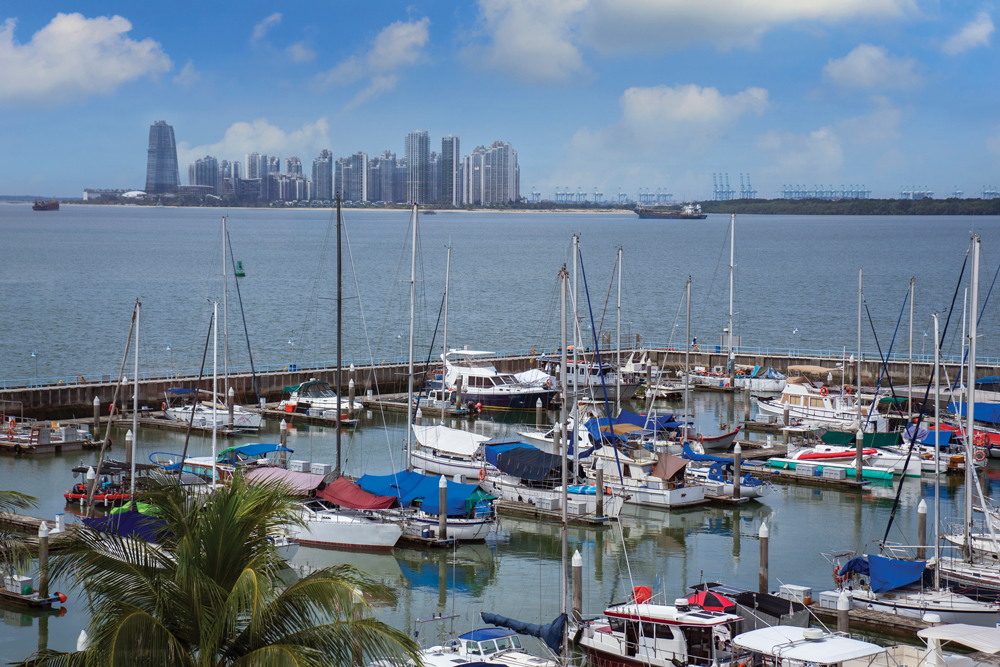When CNBC in summer 2024 named the world’s top 250 fintech companies, nearly half of them were based in the United States, followed by 30 in the United Kingdom, 11 in surging India and nine in fourth-place Singapore, certainly making the city-state No. 1 in top fintechs per capita.
One of those Singaporean fintechs is making an ample investment in a financial hub in Singapore’s neighboring country Malaysia, a country which also is looking to develop a separate new financial center in an area referred to by some as a “ghost city” since COVID-19 slowed its development.
First: After 10 years in the country, digital payments company Ant International, creator of the Alipay system, in April 2024 announced it would create as many as 500 new jobs in such areas as software development, data science, product design and risk control at a new office in the Tun Razak Exchange financial hub in Kuala Lumpur. “Tech and innovation are at the heart of Ant International,” said Ant International President Douglas Feagin, “and with the Malaysian government promoting tech skills development and positioning Malaysia as an innovation hub, we believe that together with partners like MDEC [Malaysia Digital Economy Corporation], we can harness local tech talents to significantly accelerate the impact that our businesses can make, locally and around the world.”
The company also has signed an agreement with the Kingdom of Saudi Arabia to establish an entity in that country and use it as a gateway to what Feagin called “an enormous opportunity for expansion in the Middle East.”
Meanwhile, at the Forest City development launched eight years ago in Johor Bahru, Malaysia, by China-based Country Garden Group, revisions to Malaysia’s My Second Home (MM2H) policy for special financial zones (SFZs) changed Forest City’s status from duty-free area to duty-free island. And Malaysia introduced new SFZ incentives that include a concessionary corporate tax of 0% for family offices, a special 5% rate for financial global business services, fintech and foreign payment system operators, and a special individual income tax rate of 15% for knowledge workers who choose to work there.
In September remarks announcing the establishment of the Forest City Special Financial Zone (FCSFZ), Malaysian Minister of Finance II YB Senator Datuk Seri Amir Hamzah Azizan said among the various sectors the new zone seeks to attract, “fintech also holds significant importance for Malaysia’s future economic development. Forest City aims to create an environment conducive to the growth of fintech, focusing on areas such as regulatory technology [RegTech] and insurtech.” As for the zone’s ambitions overall, he said, “Forest City with its combination of a duty-free island within a special financial zone presents a unique proposition as a catalyst for economic development in the southern region of Malaysia, anchored on innovative financial services. Through robust participation by local and international stakeholders, it has the potential to drive growth from Johor into the rest of the ASEAN region. It also has the potential to mature into a globally recognized financial hub, the likes of Shenzhen in China and Dubai International Financial Centre in the UAE.”

